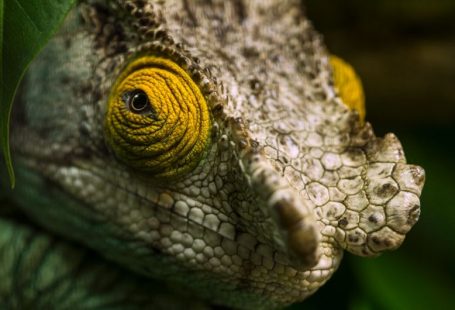Exotic pets have become increasingly popular among animal enthusiasts seeking unique companions. From rare reptiles to exotic birds, owning an exotic pet can be an exciting experience. However, before bringing one of these fascinating creatures into your home, it is crucial to understand the legal aspects that come with owning an exotic pet. The laws and regulations surrounding exotic pet ownership vary from state to state and even within specific local jurisdictions. In this article, we will explore the legal considerations that potential exotic pet owners should be aware of before making the decision to bring one of these animals home.
Understanding Exotic Pet Laws
When it comes to owning an exotic pet, the first step is to research and understand the laws and regulations in your area. Many states have specific restrictions and requirements for owning exotic animals. For example, some states may prohibit the ownership of certain species altogether, while others may require permits or licenses for ownership. It is essential to familiarize yourself with the laws in your area to ensure that you are in compliance with all regulations.
Permit and Licensing Requirements
In many cases, owning an exotic pet may require obtaining a permit or license from the appropriate regulatory agency. These permits are typically used to ensure that exotic pet owners are capable of providing proper care for their animals and that the animals are not being kept in unsafe conditions. The specific requirements for obtaining a permit can vary widely depending on the type of animal you wish to own and your location. It is crucial to research and understand these requirements to avoid running into legal issues down the line.
Public Safety Concerns
One of the primary reasons for the regulations surrounding exotic pet ownership is public safety. While many exotic animals can make wonderful pets, some species can pose a danger to humans and other animals if not properly cared for. For example, large carnivores like big cats or bears can be unpredictable and potentially dangerous if not kept in secure enclosures. To prevent incidents and ensure the safety of both the animals and the public, many states have strict regulations governing the ownership of these types of animals.
Ethical Considerations
In addition to legal concerns, potential exotic pet owners should also consider the ethical implications of owning an exotic animal. Many exotic pets are taken from the wild or bred in captivity under questionable conditions. Before deciding to bring an exotic pet into your home, it is essential to research where the animal comes from and ensure that it was obtained through legal and ethical means. Additionally, exotic animals have specific care requirements that may be challenging for inexperienced owners to meet. It is crucial to consider whether you have the time, resources, and expertise to provide proper care for an exotic pet before making the commitment to ownership.
Enforcement and Penalties
Failure to comply with exotic pet ownership laws can have serious consequences. Depending on the severity of the violation, penalties can range from fines to confiscation of the animal and even criminal charges. It is essential to take the time to understand and follow all regulations regarding exotic pet ownership to avoid facing legal repercussions.
In Conclusion,
Owning an exotic pet can be a rewarding experience, but it also comes with significant legal considerations. By researching and understanding the laws and regulations in your area, obtaining any necessary permits or licenses, and considering the ethical implications of ownership, you can ensure that you are providing a safe and healthy environment for your exotic pet. Remember that the laws surrounding exotic pet ownership are in place to protect both the animals and the public, so it is crucial to take these regulations seriously and comply with them to the best of your ability.





